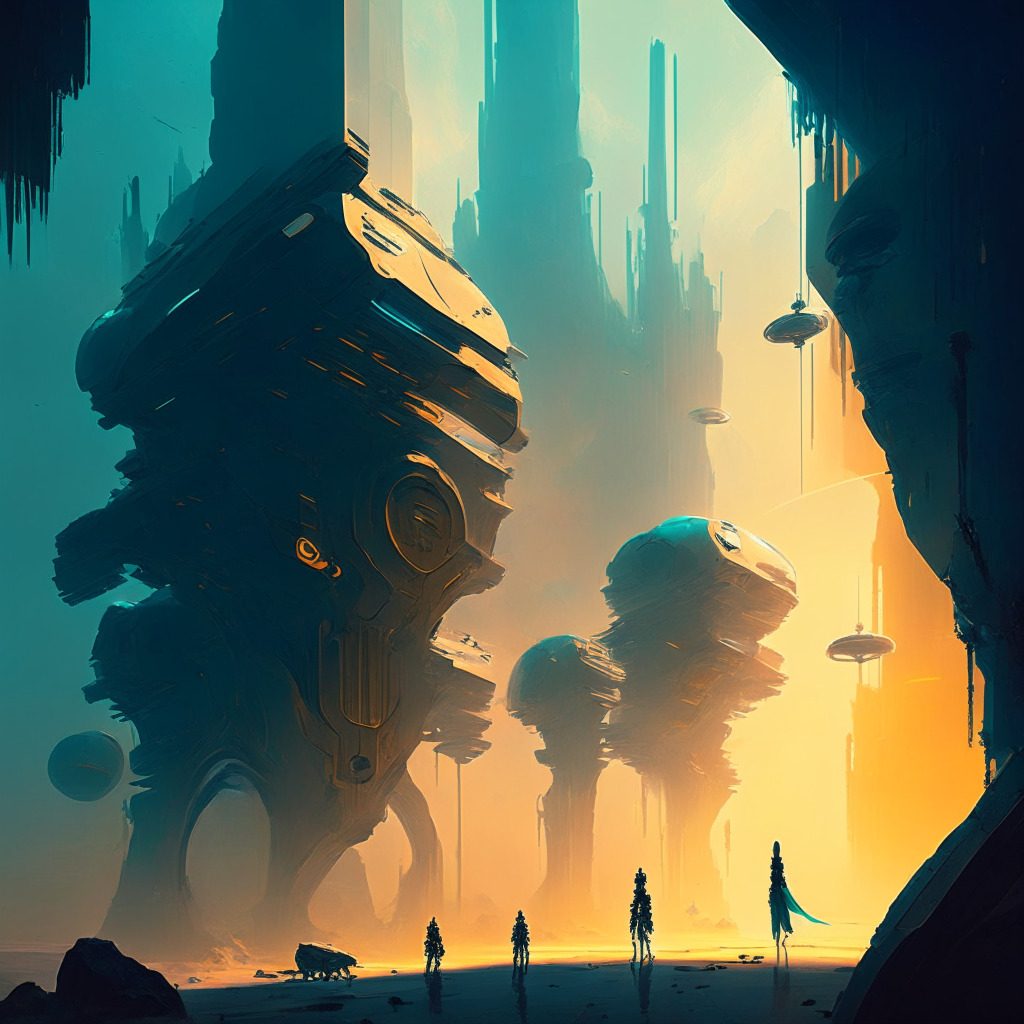The world of artificial intelligence (AI) is constantly evolving and becoming increasingly competitive. OpenAI, the firm behind the AI chatbot ChatGPT, is reportedly preparing to release an open-source AI model to the public. The decision comes as pressure mounts from competing open-sourced AI models, such as those from Meta released in February.
Supporters of the move argue that releasing a truly open-source model would send progress skyrocketing. However, there are concerns and skepticism surrounding the actual impact of such a decision. The Information report notes that OpenAI’s open-source model would likely not be competitive with its flagship ChatGPT product. The firm’s value comes from selling access to its more sophisticated models rather than offering them openly.
This raises a potential conflict. On the one hand, open-sourcing technology enables a wider community to access, experiment, and innovate within the AI space. But on the other hand, companies striving to be at the forefront of AI development may be hesitant to give away their most cutting-edge technology.
A leaked document from a Google senior software engineer, Luke Sernau, underlines these concerns. Open-source AI models are identified as a significant threat to Google’s own AI efforts. Sernau suggests that while Google is distracted by its competition with OpenAI, open-source AI models have quietly, quickly and significantly advanced.
The scenario raises questions about the future of AI development. Will companies prioritize open-source models to facilitate rapid progress, or focus on protecting their proprietary technology and keep the cutting edge behind closed doors? Additionally, with open-source models advancing at a considerable pace, can proprietary systems keep up without risking being left behind?
The answer to these questions remains uncertain, with pros and cons present in both approaches. Some argue that open-source AI models encourage collaboration and faster advancement, while others believe that proprietary technology ensures continued innovation and competition within the market.
As we keep a close eye on further developments in this space, one thing is clear: The AI landscape is ever-changing, and the balance between open-source and proprietary technology remains a contentious issue.
Source: Cointelegraph




